Sleep & Well Being, Mattress Science
December 2024The Best Scents for Bedtime: 8 Smells to help you sleep
At John Ryan by Design, we understand the profound connection between your senses and your sleep quality and how creating the right bedtime environment can make all the difference. One often overlooked factor is the power of scent and smells to help you sleep. The right fragrances have been shown to calm the mind, slow your heart rate, and prepare your body for restful sleep.
Scents like lavender, chamomile, or sandalwood can subtly influence your brain’s relaxation pathways, helping you drift off faster and sleep more deeply. By incorporating calming aromas into your nightly routine, you can create a sanctuary of relaxation tailored to your unique needs and preferences.
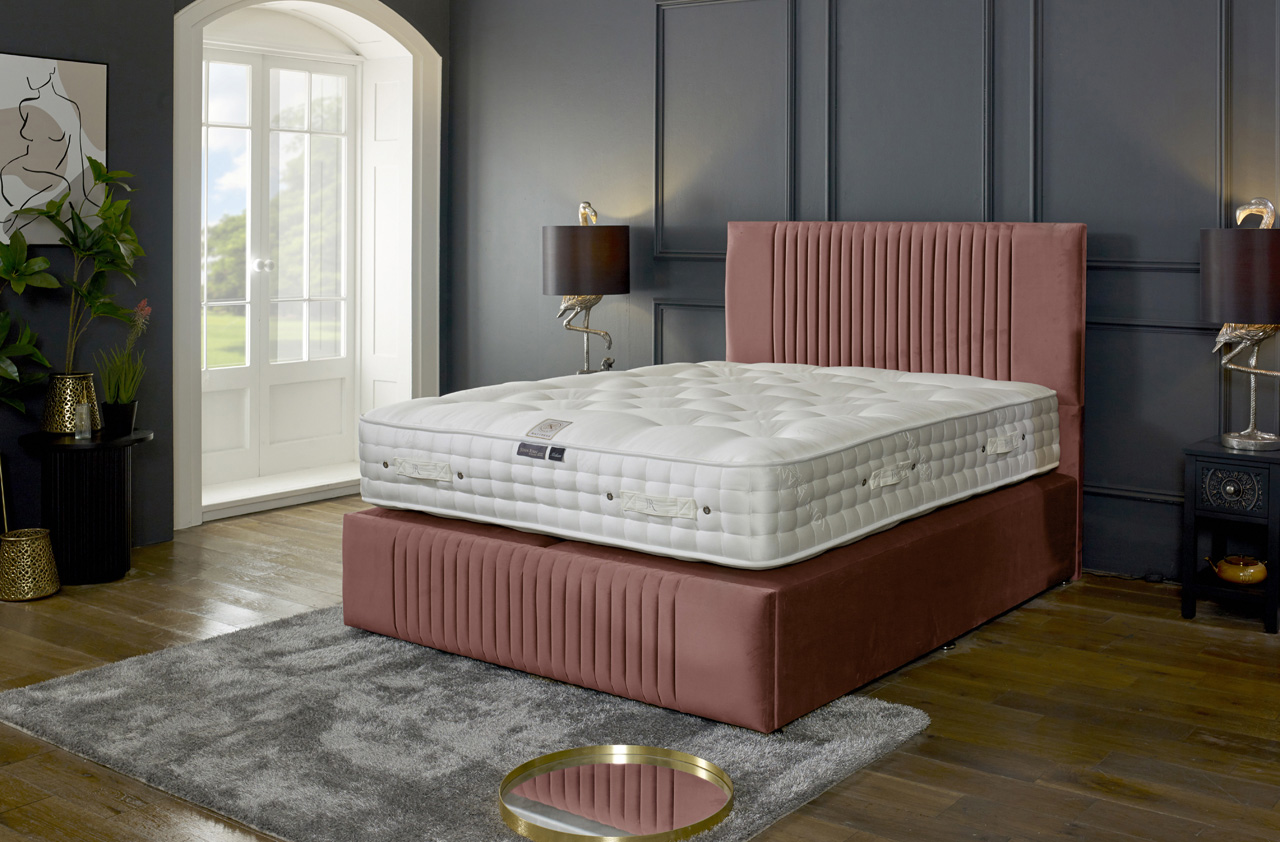
How Scents Influence Sleep: A Deep Dive into smells to help you sleep
The connection between smell and sleep is powerful and nuanced, with research suggesting that scents can significantly enhance sleep quality.
Certain fragrances activate areas of the brain involved in relaxation and stress reduction, like the limbic system, which governs emotions and memory. This activation can lower heart rate, stabilize mood, and prepare your body for rest. For instance, calming scents such as lavender and chamomile have been shown to promote deeper, more restorative sleep by influencing neurotransmitters like GABA, which reduces brain activity and induces relaxation.
The timing and sensitivity of your sense of smell are also tied to your sleep-wake cycle. During the night, the olfactory system’s sensitivity tends to decrease, allowing your body to focus on rest. However, this doesn’t mean scent loses its impact entirely. Subtle, soothing fragrances can still create a calming atmosphere that supports your natural sleep rhythms, even as your sense of smell becomes less acute.
Interestingly, scents can also influence the quality of dreams. Preliminary studies have found that positive aromas may encourage more pleasant dreams, while unpleasant smells could contribute to restless or disturbing dreams. This reinforces the idea that the sensory environment during sleep profoundly impacts how well-rested and refreshed you feel upon waking.
Personalized Responses to Scents
It’s crucial to remember that not all scents work the same for everyone. While lavender may be deeply soothing to one person, it might trigger irritation or even discomfort in another. Individual preferences, past experiences, and sensitivities influence how your body reacts to fragrances. Experimenting with different scents and noting their effects can help you find the perfect match for your personal sleep routine.
Incorporating the right smells to help you sleep into your nightly routine—whether through essential oils, scented candles, or pillow sprays—can be a simple yet effective way to improve your sleep quality and overall well-being.
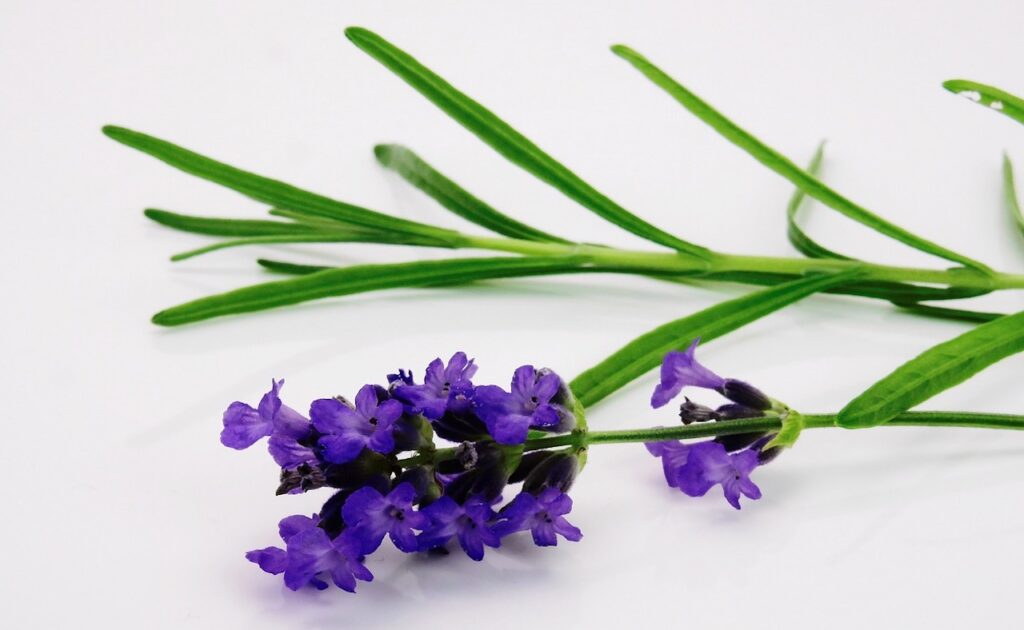

Eight Scents That May Help You Sleep: A Detailed Guide
Scent plays a decisive role in setting the tone for restful sleep, and specific fragrances have unique properties that can address different sleep challenges. Here’s how eight popular sleep-enhancing scents can transform your bedtime experience:
The Best Scent for Deep Sleep: Lavender
Lavender is one of the most thoroughly researched essential oils for improving sleep quality. Its calming aroma is known to lower both heart rate and blood pressure, fostering a deep state of relaxation. Studies have demonstrated that lavender exposure before bed can increase slow-wave sleep, the restorative phase crucial for body repair and memory consolidation during REM states. Whether through a diffuser, pillow spray, or bath salts, incorporating lavender into your routine can leave you feeling rejuvenated and refreshed by morning.
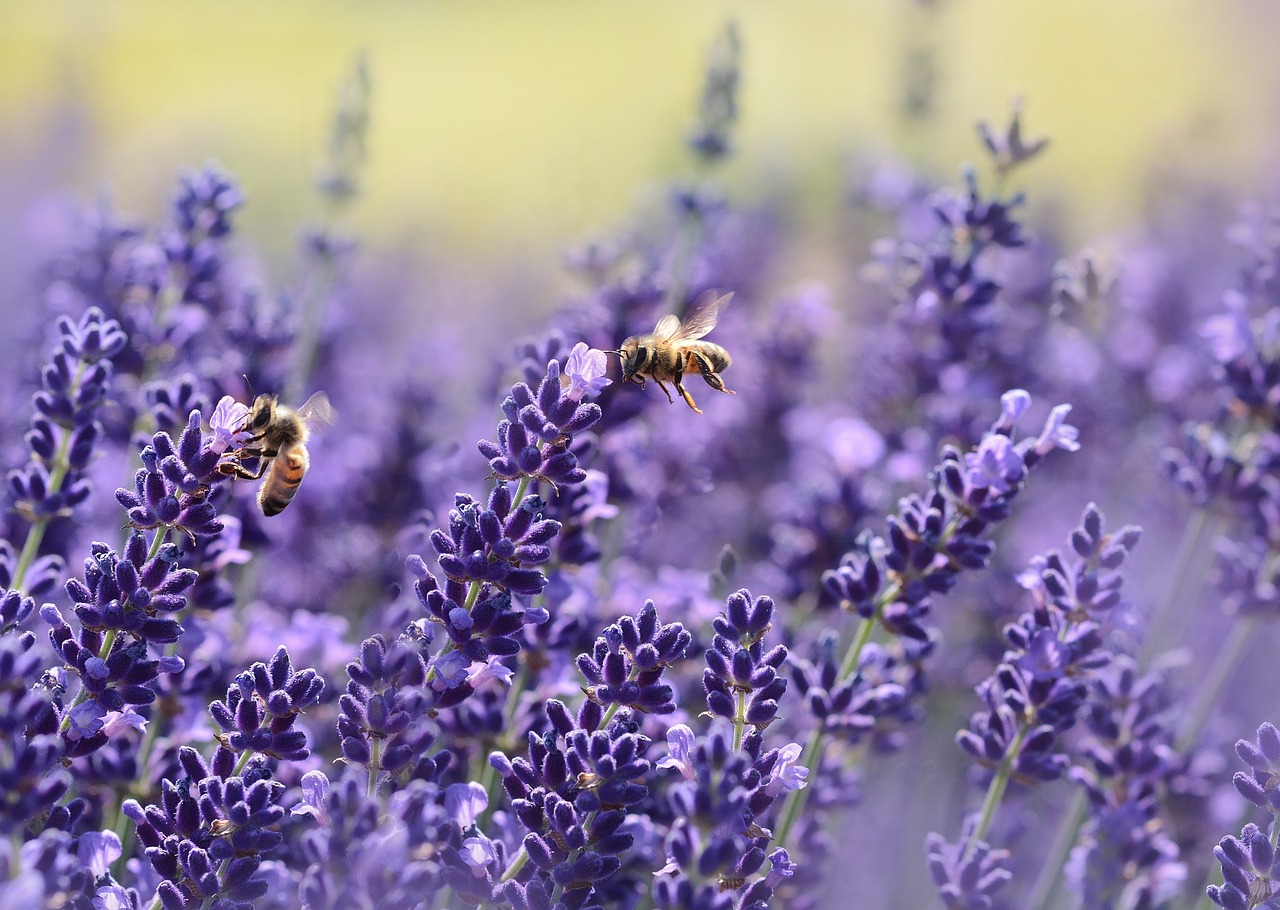
The Best Scent for Easing Bedtime Anxiety: Chamomile
Famous for its soothing effects, chamomile is a natural choice for those dealing with nighttime restlessness or anxiety. The essential oil, derived from the plant, contains compounds like apigenin that are believed to interact with brain receptors to reduce tension. Chamomile’s gentle floral notes are particularly effective when used in combination with pre-sleep rituals such as herbal teas or relaxation exercises, setting the stage for a peaceful night.

The Best Scent for Improving Sleep Quality: Rose
Rose oil, especially from damask roses, exudes an elegant fragrance linked to better sleep and an uplifted mood. In clinical studies, its calming properties have been associated with enhanced sleep quality, even in high-stress environments such as hospitals. Rose’s delicate yet grounding scent creates a soothing ambience that may help alleviate fragmented sleep patterns, allowing you to drift into a more consistent slumber.
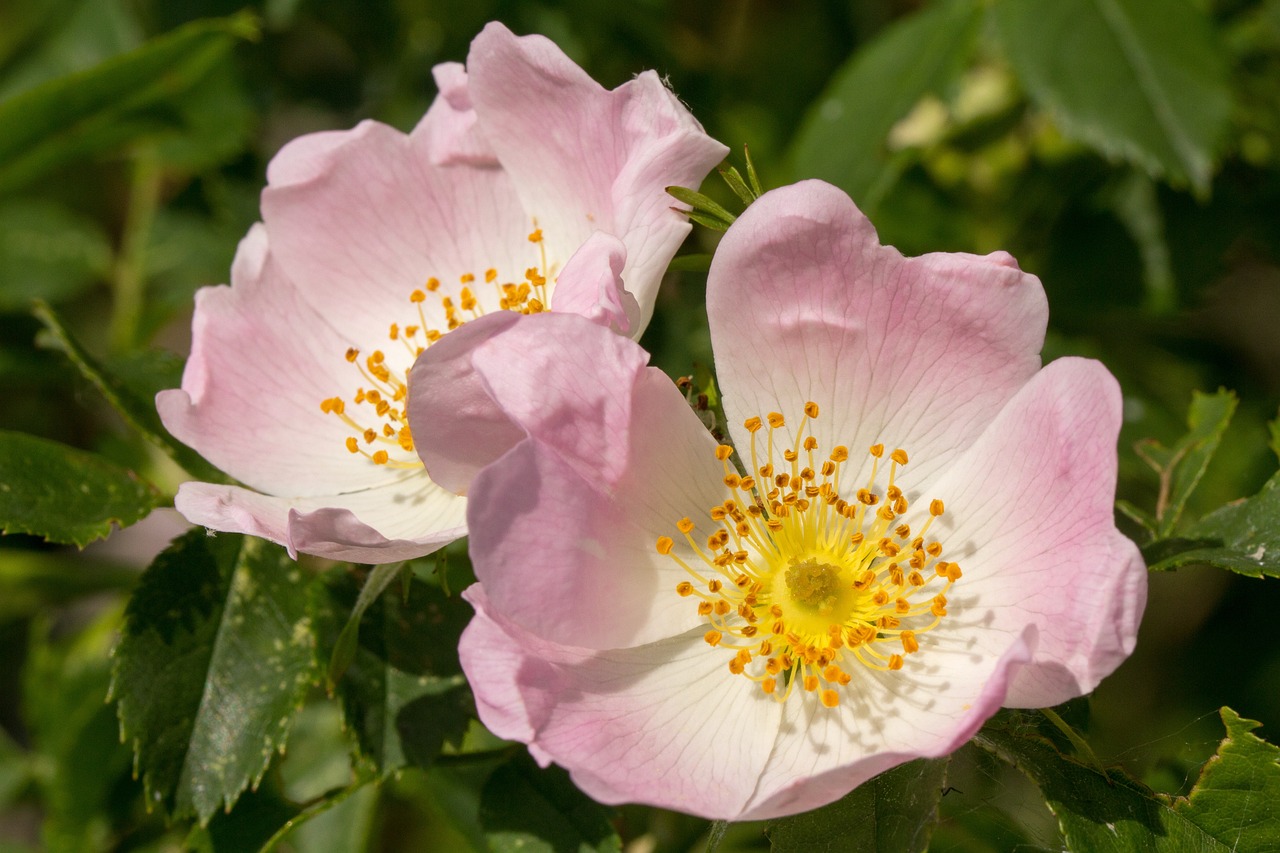
The Best Scent for Extending Sleep Duration: Jasmine
Jasmine’s sweet, floral aroma has been proven to increase sleep efficiency, meaning more of your time in bed translates to genuine rest. Research highlights jasmine’s ability to stabilize emotional states, making it an excellent scent for maintaining uninterrupted sleep throughout the night. Adding jasmine oil to a diffuser or placing a jasmine plant in your bedroom can elevate your relaxation to new heights.

The Best Scent for Pre-Bedtime Relaxation: Ylang-Ylang
Ylang-ylang, with its rich, exotic fragrance, is celebrated for its calming and sedative effects. The oil works by reducing the body’s stress response, slowing heart rate, and encouraging feelings of tranquillity. This makes it an ideal choice for winding down after a hectic day. Its subtle floral and fruity undertones can be paired with other scents like lavender or chamomile for a personalized relaxation blend.

The Best Scent for Stress Relief Before Bed: Sandalwood
Sandalwood has a rich, woody aroma that is deeply grounding and soothing. Known for its stress-relieving properties, sandalwood oil can calm overactive minds and help prepare your body for rest. Studies suggest that its sedative effects may come from compounds that lower sympathetic nervous system activity, reduce stress and promote relaxation. Using sandalwood in a diffuser or as a massage oil blend can enhance its calming benefits.

The Best Scent for a Fresh and Clean Atmosphere: Peppermint
Peppermint is invigorating yet calming, making it ideal for those who need help transitioning from wakefulness to relaxation. While not traditionally associated with sleep, peppermint’s ability to ease nasal congestion and improve breathing can make it a great choice for a fresher sleeping environment. For those who struggle with nighttime allergies or snoring, peppermint oil can promote better airflow and more restful sleep.

The Best Scent for a Cozy and Comforting Sleep: Vanilla
The warm, sweet scent of vanilla is associated with feelings of comfort and safety. Vanilla has been shown to reduce hyperactivity and restlessness, making it perfect for winding down after a busy day. Its aroma has mild sedative effects, helping to decrease startle responses and promote a sense of calm. Vanilla candles or diffusers can create a cosy bedroom ambience ideal for drifting off peacefully.
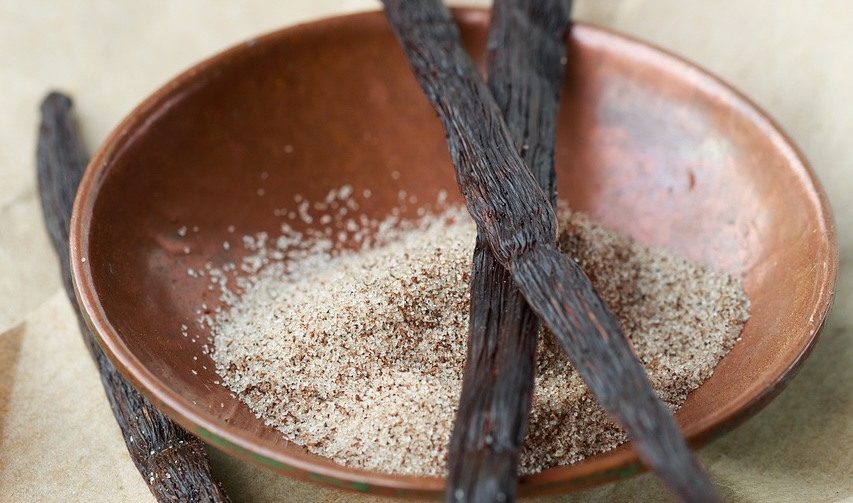
How to Use These Sleep Scents Effectively
To maximize the benefits of these sleep-enhancing aromas, consider incorporating them into your nightly routine through various methods:
- Diffusers: Essential oil diffusers gently release scents into the air, maintaining a consistent fragrance level throughout the night.
- Pillow Sprays: Lightly spritzing your pillow with a sleep-friendly scent can create a close-contact aromatic experience.
- Bath Rituals: Adding a few drops of essential oils to a warm bath before bed can amplify relaxation.
- Candles: Aromatherapy candles combine soft lighting with scent to set a serene mood for bedtime.
By tailoring your choice of scent to your specific sleep needs, you can cultivate a personalized approach to restful, rejuvenating slumber.
The 5 Smells to Avoid Before Bed That May Keep You Awake
Whilst we have discussed the perfect eight scents to help you drift off to sleep at night, other smells will have the opposite effect on your nocturnal sleep states. So, let’s discuss which smells you want to avoid if you want to fall asleep quickly and without disturbance.
1. Strong Citrus Scents
Citrus smells like lemon, orange, or grapefruit are invigorating and uplifting. These scents increase alertness and energy levels, making them perfect for mornings but unsuitable for winding down in the evening. Their bright and zesty nature can make it harder for your mind to relax and prepare for sleep.
How to Avoid: Avoid using citrus-scented room sprays, candles, or skincare products in your bedtime routine. Instead, opt for softer, sleep-friendly fragrances like chamomile or sandalwood.

2. Spicy Scents (Cinnamon, Clove, and Similar Aromas)
Spicy fragrances evoke warmth and comfort but can stimulate circulation and raise your heart rate. Aromas like cinnamon and clove are often associated with energy and wakefulness, which might keep your mind too active for falling asleep.
How to Avoid: Save spicy candles or potpourri for daytime use. If you enjoy cosy scents, vanilla offers a warm and calming alternative to spicy aromas.
3. Coffee or Chocolate Scents
The smell of coffee or chocolate can trick your brain into wakefulness due to the natural association with caffeine or indulgent treats. Even decaffeinated coffee aromas have a stimulating effect on your senses, which could disrupt your ability to relax before bed.
How to Avoid: Steer clear of coffee-scented candles or chocolate-inspired aromatherapy oils in the bedroom. Choose more neutral or calming fragrances, such as lavender or ylang-ylang, to promote relaxation.
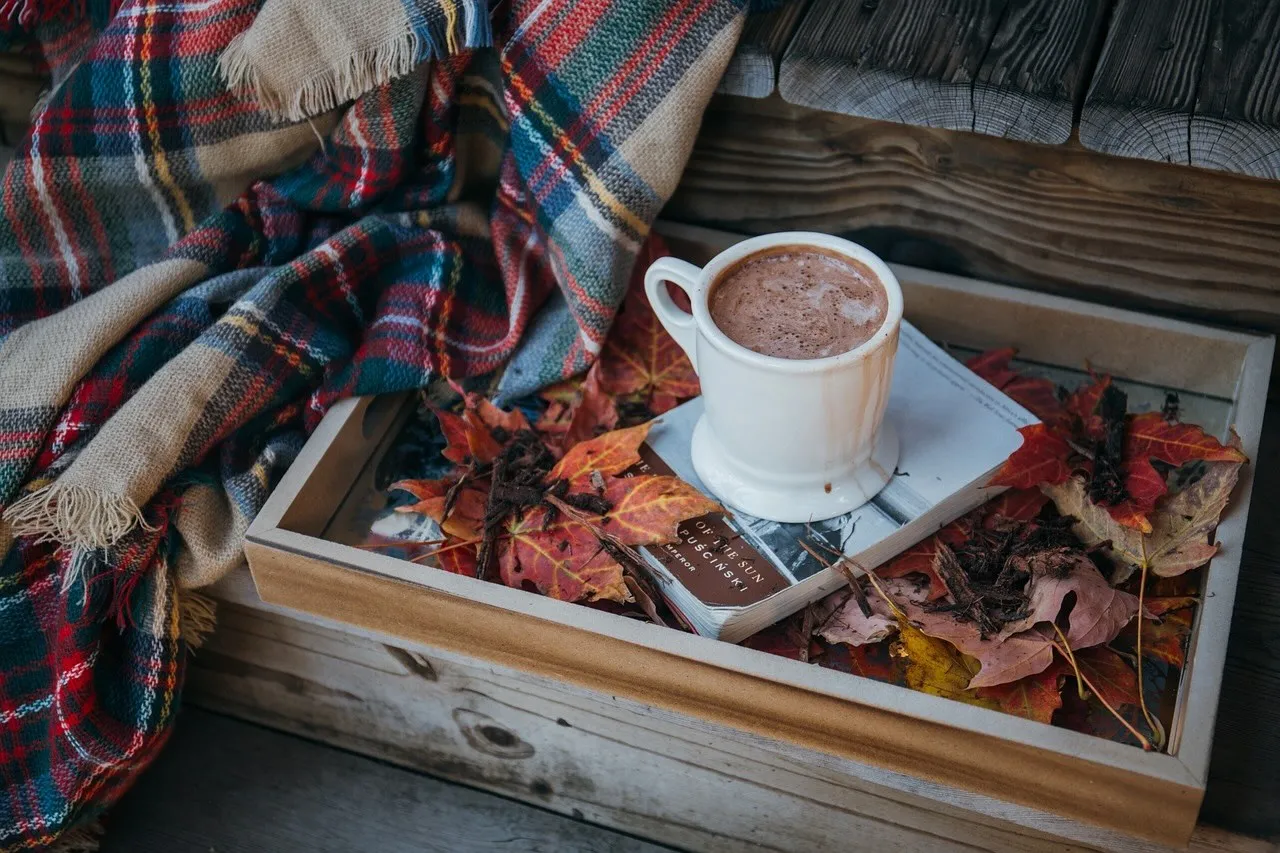
4. Eucalyptus
Minty scents like spearmint and eucalyptus can promote mental clarity and alertness. While these aromas are refreshing and great for clearing airways, their invigorating properties can make them unsuitable for nighttime use.
How to Avoid: If you want a scent that supports easier breathing but doesn’t overstimulate, try mild herbal fragrances like chamomile or tea tree, which are gentler on the senses.
5. Pine or Strong Woody Aromas
Pine and similar woody scents are grounding, but their sharpness can also be energizing. Many cleaning products and air fresheners use pine scents to create a feeling of freshness, which may inadvertently signal your brain that it’s time to stay awake.
How to Avoid: Replace pine-based aromas with calming woodsy scents like cedarwood or sandalwood, which are known for their relaxing effects.

Conclusion: The Top Smells to Help You Sleep Better
Creating a soothing sleep environment involves engaging all your senses, and scent plays a pivotal role in this process. Fragrances like lavender, chamomile, jasmine, rose, and ylang-ylang have been scientifically linked to better sleep quality. Smells to help you sleep can reduce anxiety, enhance relaxation, and promote longer, deeper rest. These scents influence brain regions responsible for calmness and emotional regulation, making them excellent tools for winding down before bed.
The beauty of incorporating calming scents into your nighttime routine is their flexibility—whether through essential oils, pillow sprays, candles, or diffusers, the choice is yours. Pairing these fragrances with other sleep-friendly habits, like dim lighting and soft bedding, can amplify their effects, creating the perfect environment for restorative rest.
Remember, personal preference is the key to harnessing the power of smells to help you sleep. What works for one person may not work for another, and here at John Ryan By Design, each of our sleep experts has a favourite smell that helps them sleep. So, experiment to discover which fragrances best suit your relaxation needs. Drifting off into a peaceful slumber can become an effortless and rejuvenating experience with the right aroma.
Get A Great Night Sleep With John Ryan By Design
Sleep smells can help you drift off to a great night’s sleep, but what about your mattress? Having a comfortable and supportive mattress is another key to enjoying a great night’s sleep. At John Ryan, we stock all manner of high-quality mattresses. So, if you think your mattress could contribute to your poor sleep quality (even if it’s only in part), then why don’t you browse our excellent range and see if you can find something that suits you better? And if you have any questions about our products, please don’t hesitate to contact us. Our friendly team of experts will be more than happy to listen to your requirements and help you to choose the mattress that will work best for you.

Dreaming of the perfect nights sleep?

Ask us a question
There are over 6000 questions and answers submitted by you on all questions about mattresses and bed problems. Enter a keyword such as Vi Spring, John Lewis beds, bad back or Memory Foam and see if your question has already been answered.
If you can’t find an answer in knowledge hub, ask a new question. We aim to respond to all questions within one working day.
Newsletter
Enter your email to join our newsletter. We’ll send you occasional news and mattress expertise.
